Can you be too self-aware for your own good?

Few traits are more celebrated than self-awareness, broadly defined as the ability to know or understand yourself.
And yet, self-awareness is surprisingly rare. Perhaps this is why we worship and cherish it so much, precisely because it doesn’t exist in abundance. Like punctual trains or humble leaders, its absence only seems to increase our collective obsession with it.
In fact, evolutionary psychologists have a persuasive explanation: there are clear survival advantages to not knowing yourself, especially your limitations (or as corporate HR calls them, “development opportunities”). After all, if you truly knew how incompetent you were, you might never leave your bed, let alone apply for that senior leadership role.
Consider this: if you are unaware of your shortcomings, you will convince others (and sometimes yourself) that you are better than you really are. Robert Trivers, in The Folly of Fools, showed how self-deception can be a social weapon: delusions of grandeur are not just self-fulfilling, they are contagious.
Striking a balance
Imagine Donald Trump interviewing for a job in a parallel universe where reality mattered. In a rational world, interviewers would calmly examine whether his self-belief is grounded in facts or fantasy. But in our actual world, we can’t even agree whether he’s a genius or a fraud: a branding visionary or a human Twitter thread.
Similarly, a lack of awareness about actual risks can make you seem invincible. When you confidently stroll into a crisis like a contestant on The Apprentice saying “failure was not an option,” people might just believe you. We mistake certainty for competence all the time, which is why some tech founders get billions for half-built prototypes, while self-aware geniuses write brilliant Medium posts that no one reads.
So yes, you can be too self-aware. There’s a fine line between humility and shooting yourself in the foot with a spreadsheet of your flaws. Worse still, in a world where everyone exaggerates their strengths, honesty gets mistaken for incompetence. Just like in a CV, even if you’re meticulously truthful, employers assume you’re inflating your achievements like everyone else. So when you list “basic Excel” under skills, they read “struggles with double-clicking.” Ironically, that means the only way to be taken seriously is to overstate, or risk being underestimated by default. So how do you strike the balance?
The secret lies in cultivating internal self-awareness (a sober and honest assessment of your strengths and weaknesses) while externally projecting just enough confident swagger to not seem like you’re narrating your own therapy session. Think of it as executive peacocking with emotional intelligence. It is better to be internally insecure and externally overconfident, than vice-versa.
That said, because others are only able to judge your behavior, what matters is the image you project, irrespective of whether it is authentic or not, a sincere reflection of your self-concept or not, and based on your actual self-awareness or not. To be sure, there are more opportunities to succeed when you show overconfidence than self-awareness in real-life interactions.
Some examples?
- Job interviews: The self-aware candidate says, “I’m still learning how to delegate.” The blissfully deluded one says, “I’m a natural leader—people just follow me.” Guess who gets hired?
- Team meetings: The self-aware person says, “I’m not sure I have the answer.” The oblivious one says, “Let’s pivot and disrupt the value chain.” Guess who ends up presenting to the board? (Sad, yes, but true).
- LinkedIn bios: The self-aware write “curious, collaborative learner.” The deluded write “visionary thought leader, growth hacker, empathy-driven unicorn wrangler.” Guess who gets invited to speak at Davos? There seems to be no limits to the grandiosity of absurd titles people pick to describe their skills and roles on social media: Digital Overlord, Creator of Happiness, Change Magician, and Accounting Ninja. Ridiculous, yes, but if you go with the modest, accurate versions, namely IT Manager, Customer Service Representative, Organizational Change Consultant, and Financial Analyst, no one will care, remember, or be remotely impressed. You’ll vanish into the LinkedIn void, right between “results-oriented team player” and “passionate about stakeholder alignment.”
Can you fake confidence without deceiving yourself?
Absolutely. In other words, you don’t have to fool yourself to fool others. That’s the magic trick (and downfall) of the modern workplace.
Ultimately, true self-awareness isn’t about navel-gazing or confessionals. It’s about calibrating your self-image with feedback, especially from people who aren’t your mum, your dog, or your Instagram followers. It’s learning to see yourself as others see you, and then using that insight to pretend you’re just a little better than you actually are.
And if that sounds manipulative?
Congratulations. You’re self-aware.
Authenticity as performance
In my forthcoming book Don’t Be Yourself, I argue that success depends less on being authentic than on knowing which version of yourself to perform when the spotlight’s on.
Of course, not everyone wants to perform. We live in a culture that fetishizes authenticity, as if our raw, unedited selves are always lovable, competent, and fit for public consumption. But the truth is that authenticity is a performance, too. It’s just one that’s more likely to make others uncomfortable, especially in professional settings.
Imagine walking into a boardroom and sharing your unfiltered feelings about imposter syndrome, your recent therapy breakthrough, or your deep existential dread about the company’s mission. That’s honest. That’s authentic. That’s also a good way to get sidelined, labeled “not a team player,” or, worse of all, “not executive material.”
Meanwhile, the person who polished their self-narrative, rehearsed their strategic humility, and remembered to nod empathetically at the right moments will likely be promoted. Why? Because they played the part—and in most high-stakes contexts, playing the part matters more than being the part.
Impression management
This is not cynicism. This is the reality of impression management, which is not only a survival skill but a professional superpower. In line, meta-analytic research suggests that emotional intelligence is basically impression management or faking good! Your career is less about who you are and more about how convincingly you can simulate the traits others value. Charisma, gravitas, confidence, these are often more influential than competence. Especially if you’re a man. Or tall. Or attractive. Or all of the above. It isn’t fair, or rational, or beneficial to the world . . . but it is what it is.
The good news? You can learn this. You can learn to observe how you’re seen, to script your strengths, to soft-focus your weaknesses, and to curate the version of you that fits the room you’re in. This isn’t selling out. This is growing up. It’s understanding that success is not about being true to yourself, but about being true to your potential—and potential, like beauty, is always in the eye of the beholder.
So yes, be self-aware. But not so self-aware that you become a philosopher when the job calls for a salesperson, an HR business partner, or a procurement officer. Learn which parts of you to mute, which ones to dial up, and which ones to save for your therapist. That, ironically, is the most authentic thing you can do.
After all, the workplace isn’t a confessional. It’s a stage. As the great Erving Goffman noted, “We are all just actors trying to control and manage our public image. We act based on how others might see us.”
What's Your Reaction?
 Like
0
Like
0
 Dislike
0
Dislike
0
 Love
0
Love
0
 Funny
0
Funny
0
 Angry
0
Angry
0
 Sad
0
Sad
0
 Wow
0
Wow
0


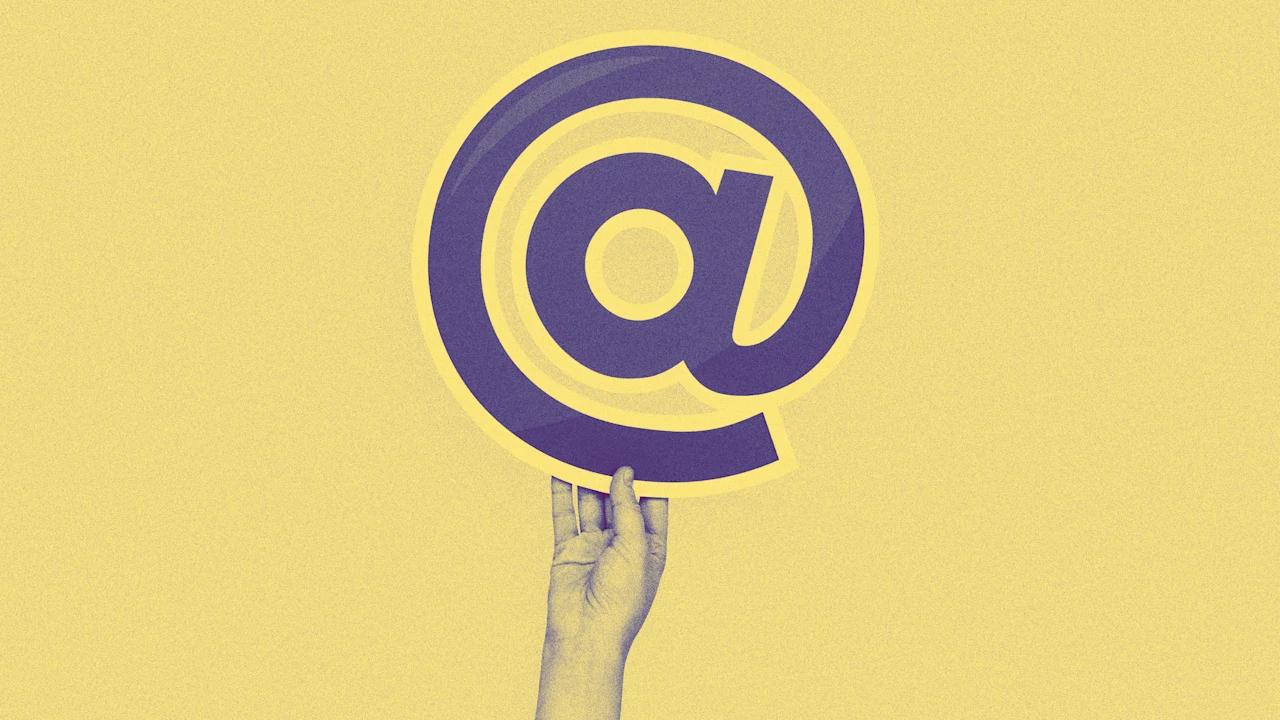


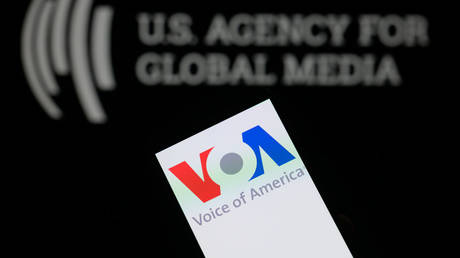







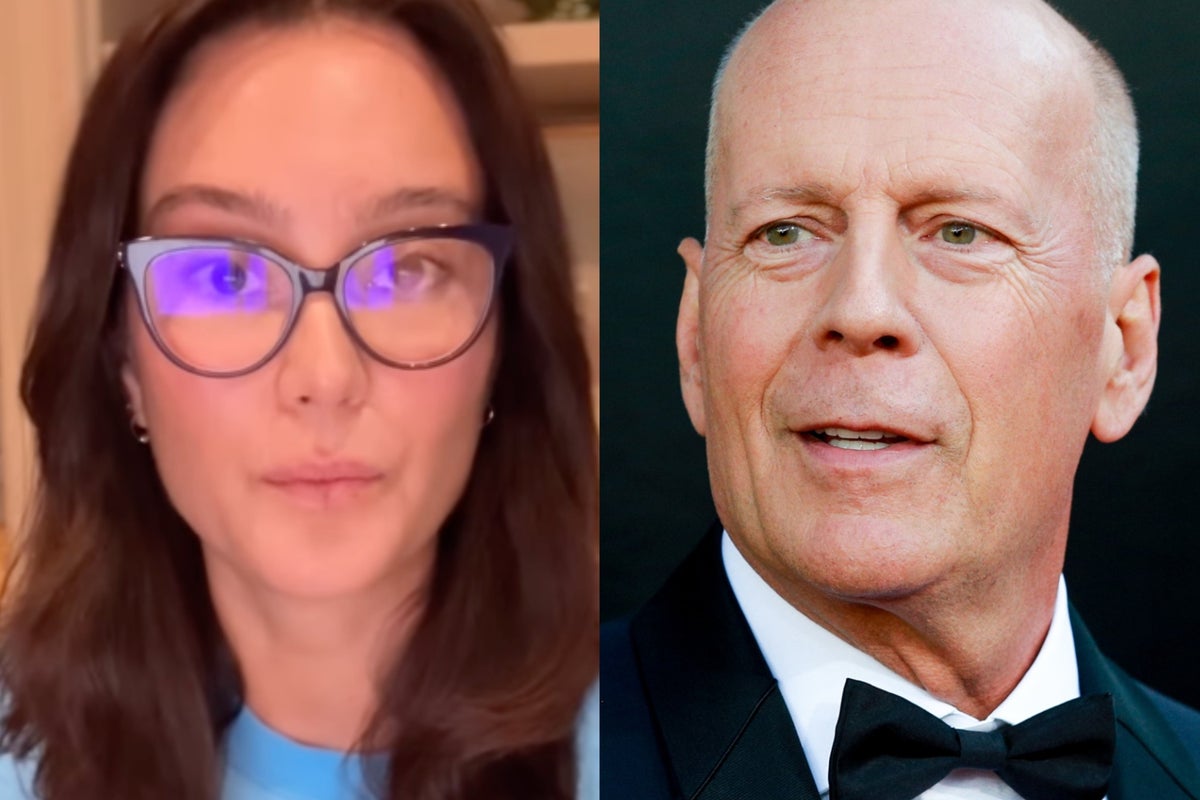














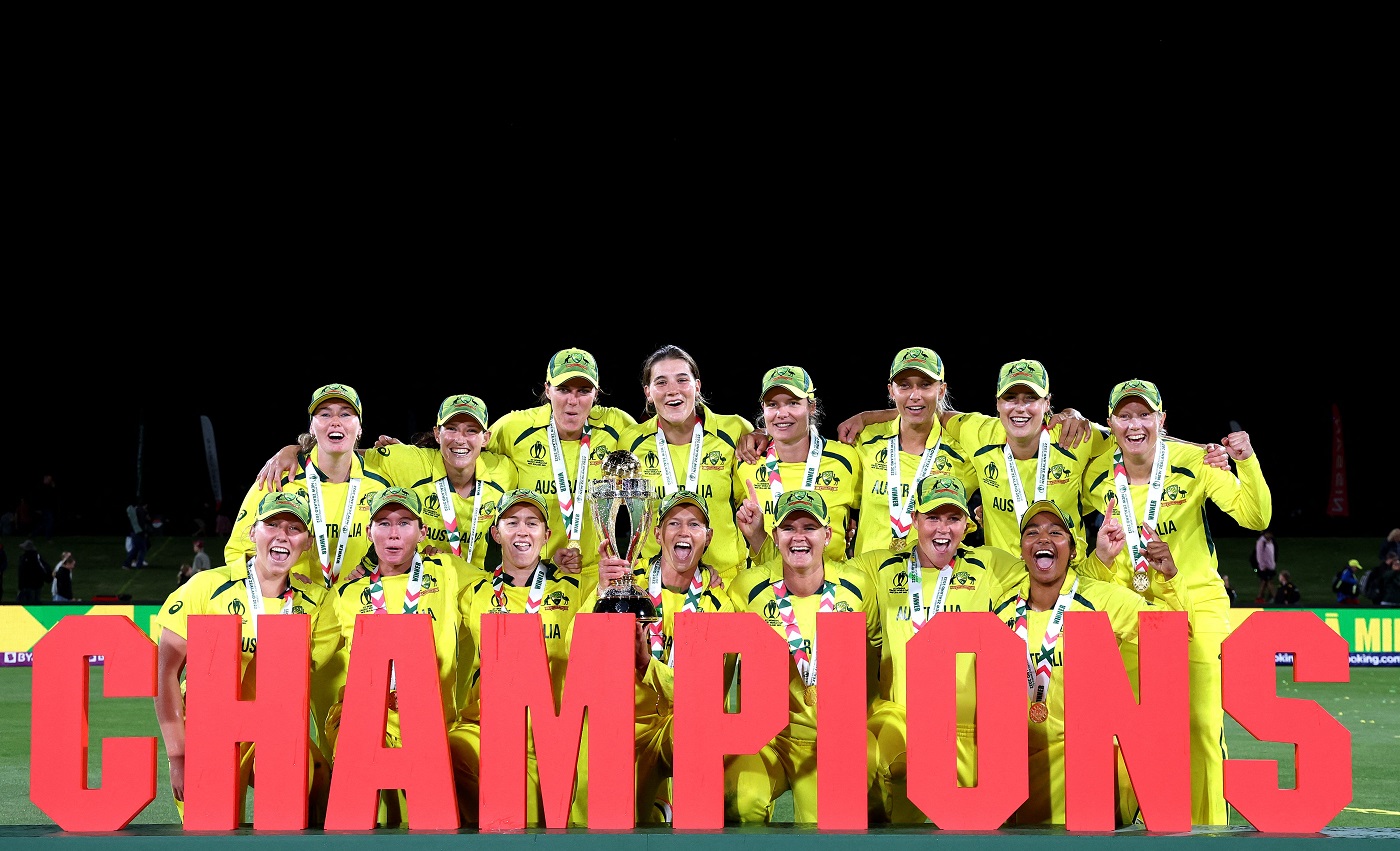















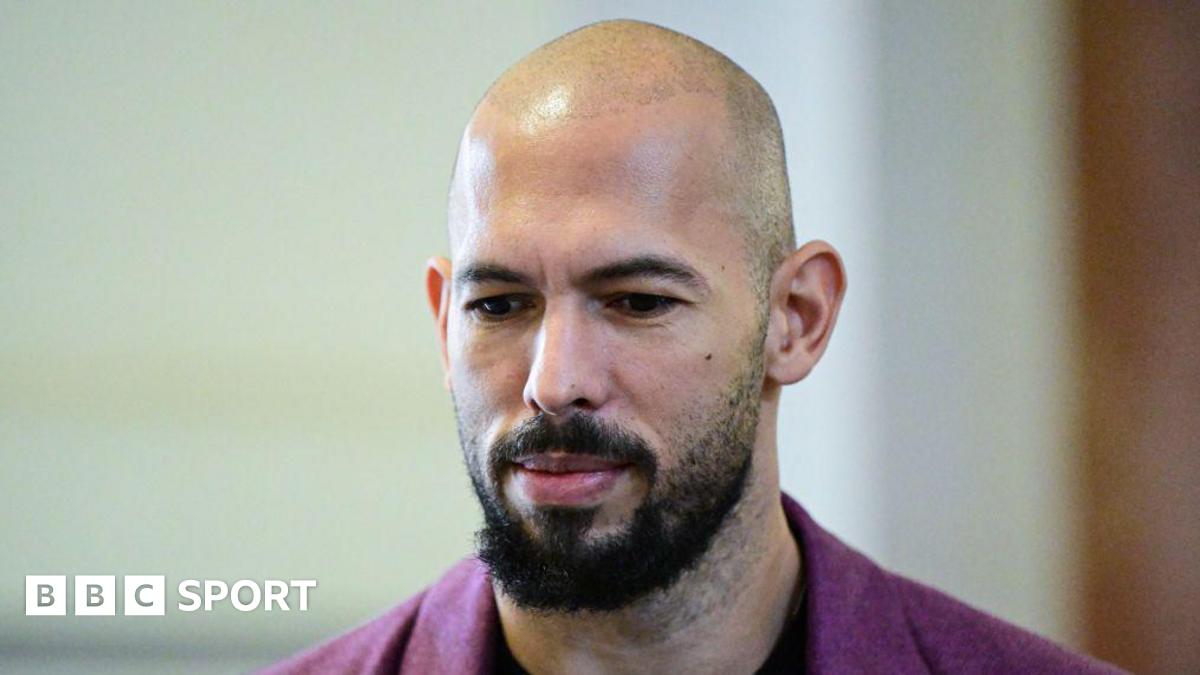









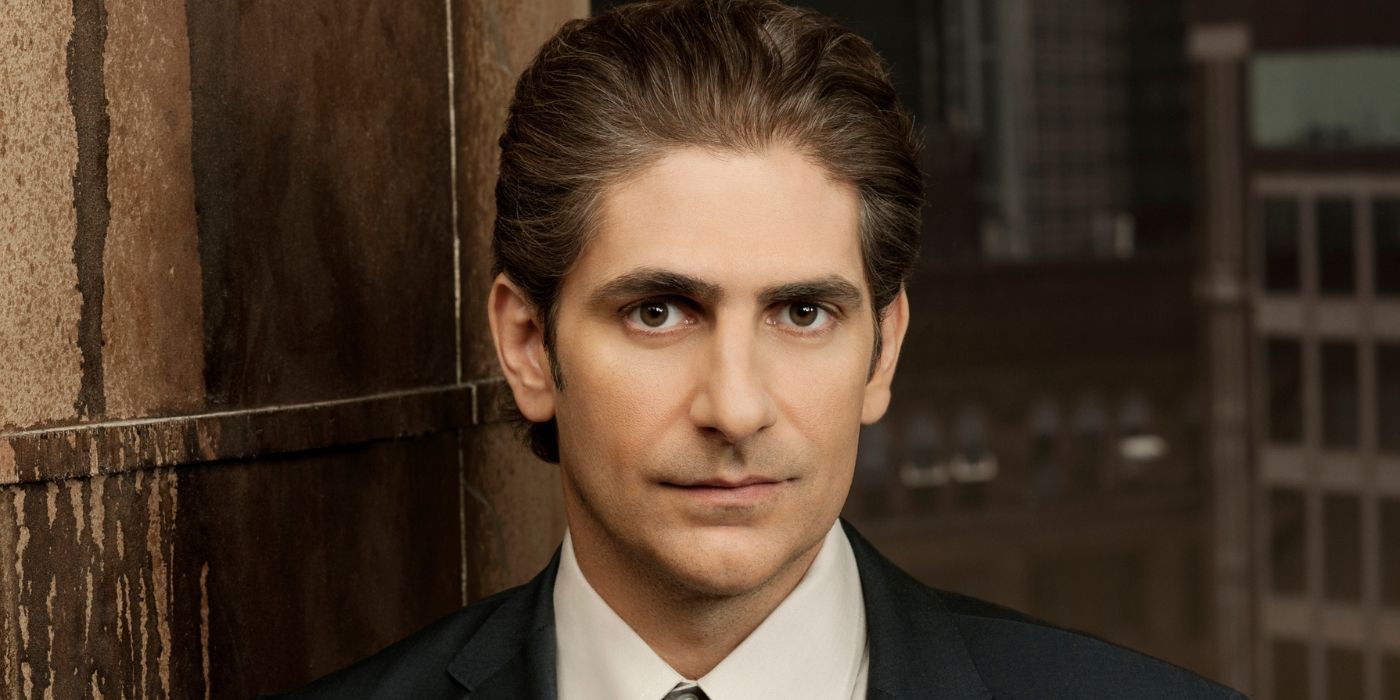


![Walter Boys Season 2 Finale Delivers Not One, But Two Cliffhangers — Is [Spoiler] Dead?](https://tvline.com/wp-content/uploads/2025/08/my-life-of-the-wlater-boys-season-2-finale_33d3b0.jpg?#)





































